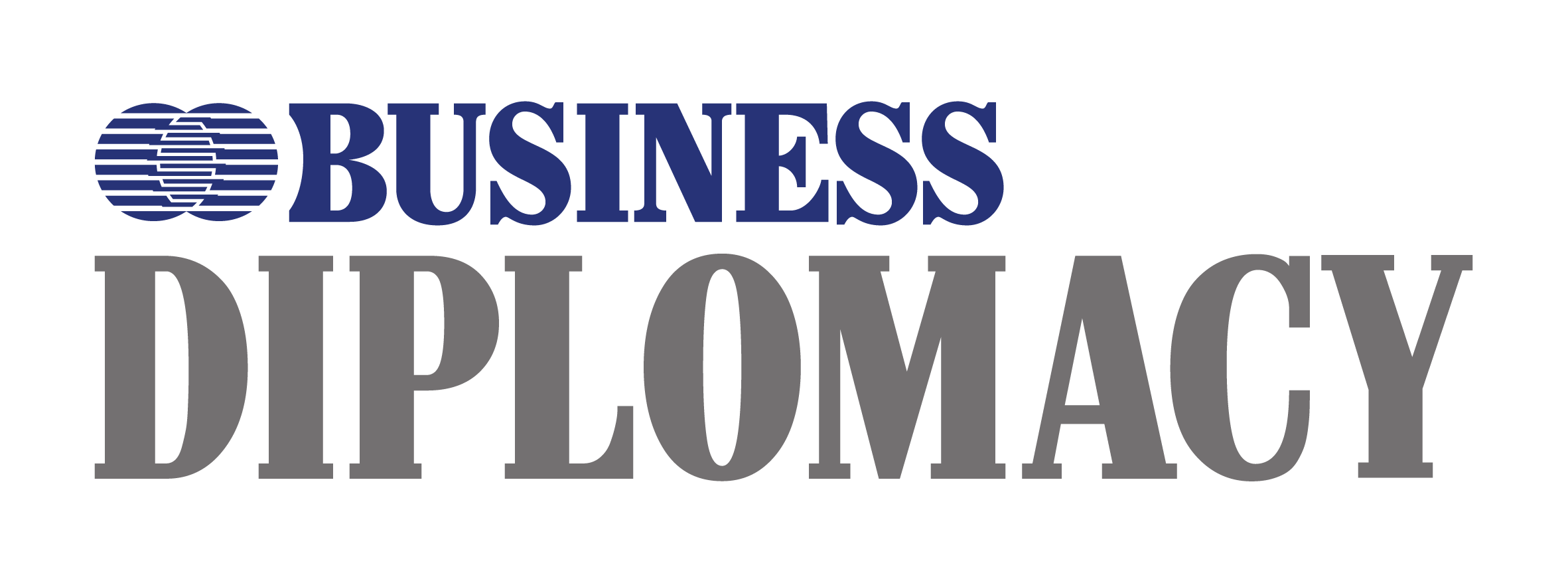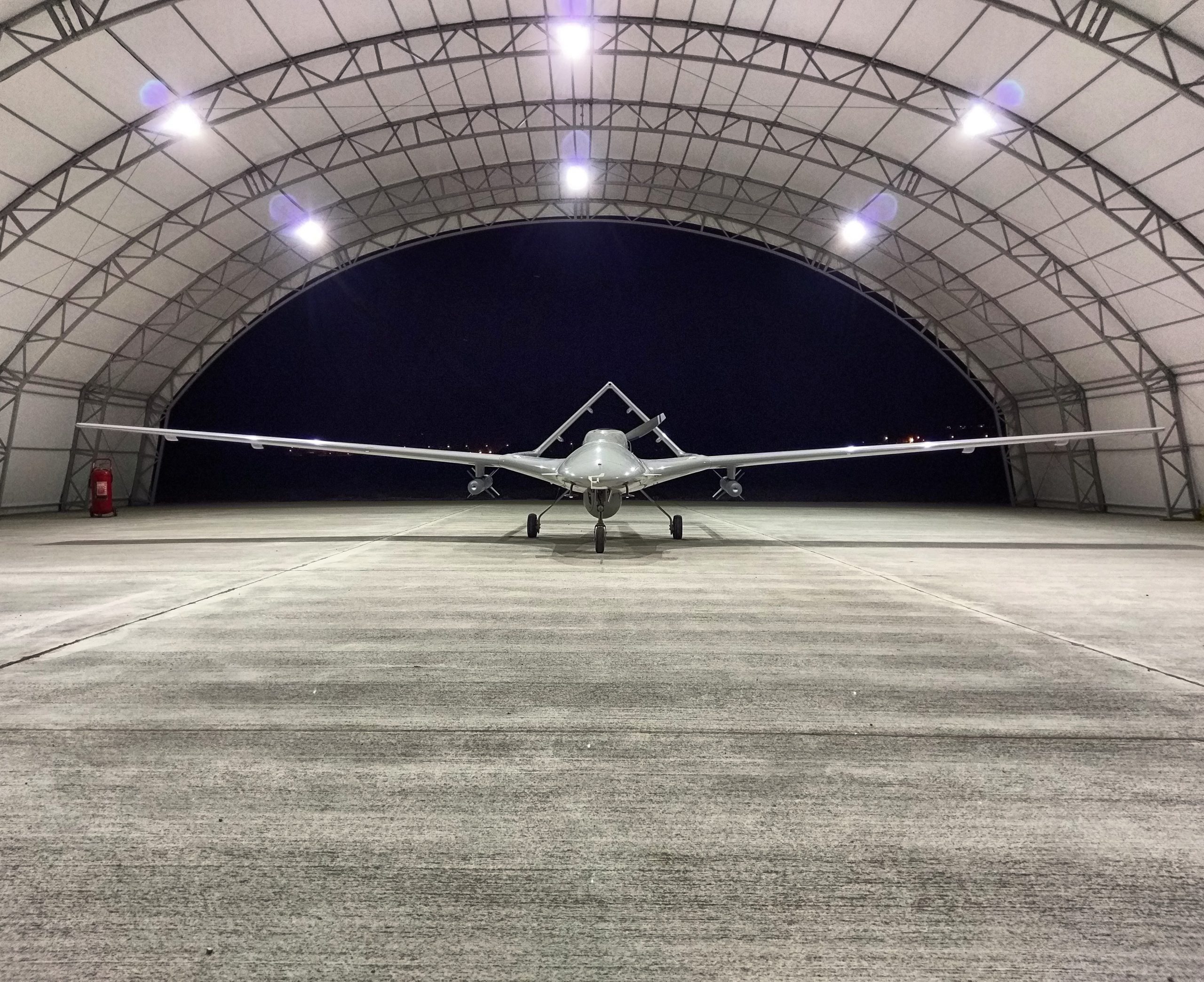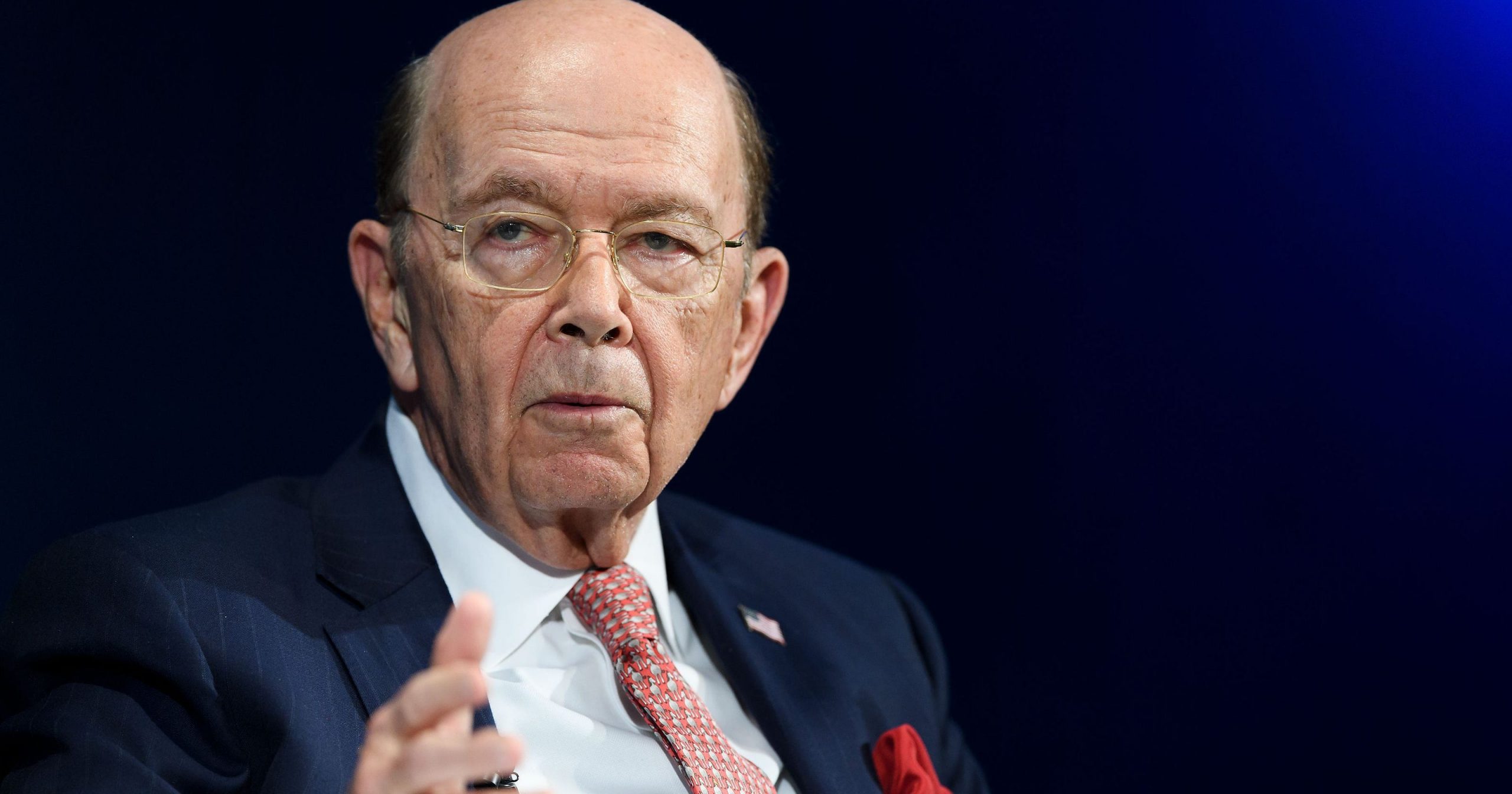Stronger Latin America in the New World Order
Turkey-Americas Business Councils Coordinator Chairman Bahadır Balkır answered our questions on the relations of Turkey and Latin America and on the Pacific Alliance.
We talked about Latin America and the Pacific Alliance, the region’s most multilateral mechanism, with DEİK Turkey-Americas Business Councils Coordinator Chairman Bahadır Balkır. Referring to his experiences in the continent, Balkır indicated that Latin America embodies many opportunities for the Turkish business world as it is a new and exciting market.
Although commercial relationships between Turkey and Latin America countries are not where we want them to be, they are increasingly growing. How has these relations developed?
Turkey’s relations to Latin America countries date back to the 19th century. During the World War I, there was a migration wave from the Ottoman lands to Latin America. These immigrants, most of whom were Arabic, carried Ottoman passport, so they were called “Los Turcos”. Diplomatic relations between the Ottoman Empire and Latin America countries started at the same period. Chile was the first country in the region to recognize the Turkish Republic in 1926.
There are three important milestones in the relations with Latin America in the history of Republic. First milestone was the visits of President Süleyman Demirel to Argentina, Brazil and Chile in 1995. The second milestone was the implementation of “Latin America and Caribbean Section Action Plan” in 1998. And the third milestone was that 2006 was declared as the “Year of Latin America and Caribbean Year” in Turkey by Abdullah Gül T.R. Minister of Foreign Affairs of the time. These three initiatives made the relations between Turkey and Latin America more active.
Bilateral visits between Turkey and Latin American countries have accelerated in the last five years. T.R. President Recep Tayyip Erdoğan visited Brazil in 2010 when he was the Prime Minister and a “Action Plan of Strategic Partnership” was concluded between the countries. In 2011, Brazilian President Dilma Rousseff visited Turkey and a joint declaration entitled “Turkey and Brazil: Strategic Perspective for a Dynamic Partnership” was signed to move our relations to the strategic level. The same year, Argentina President Cristina Fernandez de Kirchner visited our country. In 2012, Chile President Sebastian Pinera and Colombia President Juan Manuel Santos visited our country.
In 2013, Mexico President Enrique Pena Nieto visited Turkey and signed a declaration entitled “Turkey-Mexico Strategic Cooperation and Partnership Framework Agreement for the 21st Century” to make Mexico the second country with which we moved our relations in the region to the strategic level. President Erdoğan, with a committee of business people, visited Cuba, Colombia and Mexico in 2015. This was the first visit to the region by a Turkish President, after 20 years. Lastly, President Erdoğan paid an official visit to Chile, Peru and Ecuador in January 2016.
What are your thoughts on the relations between Turkey and Latin America countries in terms of the importance of Latin America in the global trade?
Three visits of the President Erdoğan to the region in 2015, 2016 and 2018 have brought the relations between Latin America and Turkey closer than ever before. Regular high level political visits enabled slow but steady increase in mutual trade and cultural relations. Turkey’s interest in Latin America is in fact part of a wider strategy. As Turkey aims to become a global actor, it tries to diversify its political and commercial partners. Although Turkey has made progress in the last 10 years in Latin America, we can say that concrete results are still far away from what political leaders actually intend.
In the new multipolar global system, Latin America continues to obtain a supranational identity. Having leaders promoting their national identity in the global arena, the region challenges the global domination of the Northern politics. In the last 10 years, political developments and economic acceleration in the region have made the Latin America the focal point of international relations. In addition to the economic dimension, Latin America has regional political associations including the Organization of American States (OAS) and Association of Caribbean States (ACS). Also the region has made great progress in democratization. All of these factors require Turkey to establish an active dialogue with Latin America in order to increase its geopolitical significance. Therefore, in a period where the international systems are in distress under the Northern American domination,I believe that relations between Latin America and Turkey would bring along a different and liberal understanding for the new world order.
The Pacific Alliance is the most powerful actor in the region with its high-level business potential, geographical advantages, and trade volume of 2 trillion dollars. Could you elaborate on trade opportunities offered by the alliance for the member states?
Main goals of the Pacific Alliance include creating a space promoting more growth, increasing development and competitive advantage, contributing to economic growth, and creating active markets in international markets. Motivations behind this mechanism are also the main factors contributing to its development. The Pacific Alliance states have joint visions and characteristics enabling the integration mechanism possible. Member states, above all, all have democratic order governed by supremacy of law and constitution. These states share similar economic policies and conclude free trade agreements with each other. Alliance members have three main goals in promoting the cooperation between member states and integrating the alliance to the rest of the world. First goal is to establish an in depth integration space for free circulation of goods, services, capitals and people, and to reach a mutual understanding. The second is to overcome the socioeconomic inequality and to increase competitive advantage by enabling growth and development in member state economies in order to encourage social participation of the people. The third goal of the Alliance is to create an economic and commercial integration platform.
What are the prior sectors to choose for Turkish business people when doing business or making investment in Latin America and especially in the Pacific Alliance states?
The largest economies in South America are Brazil and Argentina while Chile stands out in terms of doing business. Chile is the only country in Latin America states with which Turkey concluded a Free Trade Agreement. Lack of widespread industrial production in the country causes import dependence in automotive, machinery, iron-steel, electric-electronic, textile, ready-to-wear garment, construction materials etc. In addition, Peru is an important trade and investment destination with its major infrastructure investment plans. Many countries in the region are in need of innovation in mining and machinery. Moreover, there are countless of goods and services that we can export to Latin America countries, including textile, ready-to-wear garment and food.
I lived in Chile for a while. I have been to many countries in South America, doing business. As someone who is familiar with this region, I can say that the people in this continent have so much in common with the Turkish people. As we get to know each other better, we can both improve our business and political relationships and increase the number of our representatives across the world. As a result, I am confident to say that Latin America embodies many opportunities for the Turkish business world as it is a new and exciting market.



